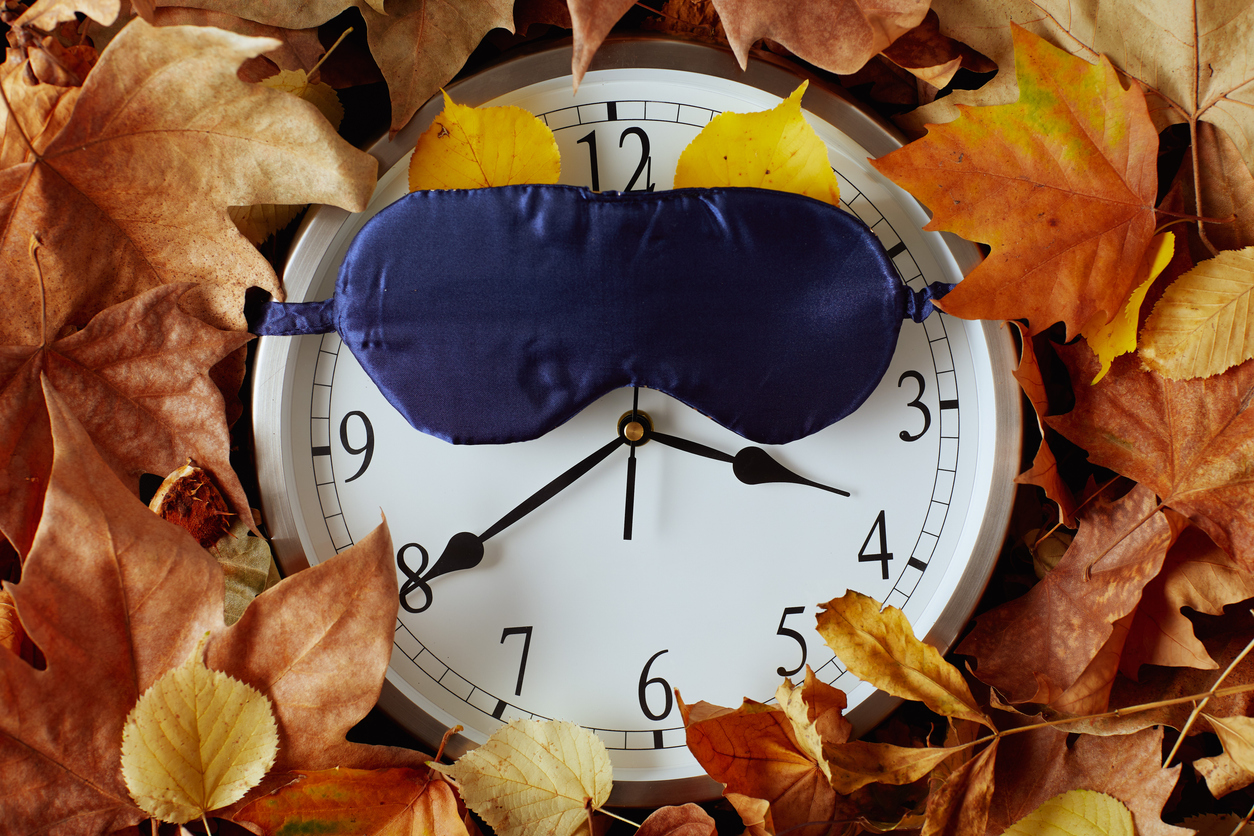Is Daylight Savings Time Helping or Hurting Our Sleep?
As the days grow shorter and the air turns crisp, the familiar ritual of setting our clocks back an hour returns. While some welcome the extra hour of sleep, others argue that the “fall back” does more harm than good, and recent proposed legislature such as the Sunshine Protection Act pushes for an end to the antiquated tradition. Let’s explore both sides of this heated debate and what it means for your sleep.
Benefits of Fall Time Change
- Extra Hour of Sleep
One of the most obvious benefits of the fall time change is the extra hour of sleep it provides. In a world where many people are chronically sleep-deprived, this additional hour can offer a much-needed opportunity to catch up on rest despite being a one-time adjustment.
- Daylight Alignment
Fall back can also align our waking hours with natural daylight. Natural light exposure in the morning is crucial for signaling to our bodies that it’s time to wake up, helping to reset our internal clocks. This can make it easier to wake up feeling refreshed and ready to start the day, which is particularly valuable during the darker winter months.
- Improved Sleep Quality
The alignment with natural light can improve sleep quality by reinforcing regular sleep and wake times, which are key components of good sleep hygiene. For those who struggle with insomnia or irregular sleep patterns, the fall back adjustment may offer a temporary improvement in sleep health.
Cons of Fall Back Time Change
- Disruption to Circadian Rhythms
While gaining an extra hour of sleep sounds appealing, the fall back time change can disrupt our circadian rhythms. This disruption can lead to difficulty falling asleep, waking up too early or frequent awakenings during the night. For some, it may take days or even weeks to fully adjust to the new schedule, leading to ongoing grogginess and fatigue.
- Impact on Mental Health and Mood
The decrease in daylight during the fall months can trigger or worsen seasonal affective disorder (SAD), a type of depression that occurs at the same time each year, typically in the fall and winter. The combination of disrupted sleep and reduced light exposure can create a vicious cycle, leading to poor mental health.
- Sleep Schedule Inconsistency
The biannual time change creates inconsistency in our sleep schedules, which can be particularly disruptive for those who thrive on routine. Maintaining a consistent sleep-wake cycle is crucial for good sleep health, and any change—however small—can throw off this delicate balance.
As we continue to debate the merits of daylight savings time, it’s essential to consider how these changes affect our sleep health. Whether you embrace the fall back or dread it, understanding its impact on your sleep is key to navigating this annual shift.
